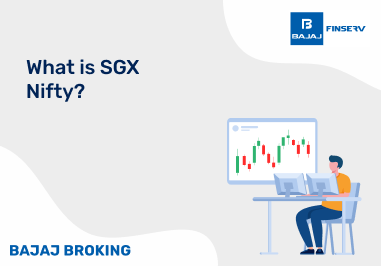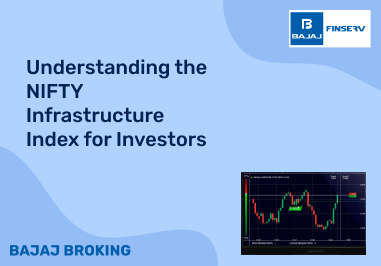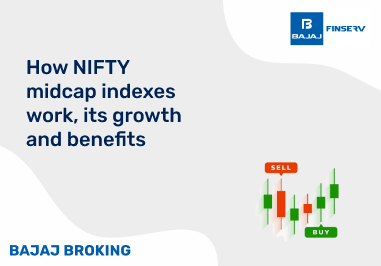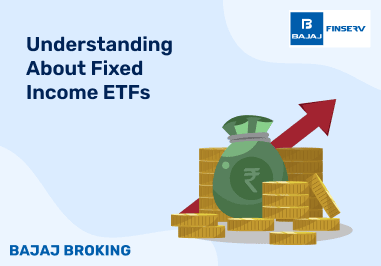What is Bank Nifty index?
Bank Nifty, a term that might sound complex and intimidating at first, is actually a straightforward concept in the world of finance. So, let's dive into the world of Bank Nifty and explore what it is, how it works, and how you can potentially benefit from it.
Bank Nifty is a term often heard in discussions about the stock market, but what does it really mean? Bank Nifty is not a bank itself, nor is it a single stock. Instead, it's an index that represents the performance of a basket of banking stocks listed on the National Stock Exchange (NSE) in India. These stocks belong to some of the most prominent and influential banking institutions in the country.
How Does Bank Nifty Work?
Bank Nifty operates based on a market capitalization-weighted methodology, which means that the stocks with a larger market capitalization have a more significant impact on the index's movements. When these banking stocks perform well, Bank Nifty rises, and when they underperform, the index falls. This makes Bank Nifty a reliable indicator of the overall health and stability of the banking sector in India.
Why Should You Pay Attention to Bank Nifty?
Understanding Bank Nifty is important for several reasons. First, the banking sector plays a crucial role in India's economy, making up a significant portion of the stock market. Therefore, changes in the Bank Nifty can provide valuable insights into the broader economic landscape. Second, for investors looking to diversify their portfolios, Bank Nifty can be an attractive option. By investing in an index like Bank Nifty, you gain exposure to a range of banking stocks without having to buy each one individually.
Investing in Bank Nifty
Investing in Bank Nifty is relatively easy, and there are a few ways to do it. The most common method is through index funds or exchange-traded funds (ETFs) that track the performance of Bank Nifty. These funds allow you to invest in Bank Nifty just like you would invest in a single stock. They offer diversification, liquidity, and lower costs compared to buying individual stocks. Alternatively, you can also trade Bank Nifty futures and options if you're an experienced trader.
Benefits and Risks of Bank Nifty
Like any investment, Bank Nifty has its benefits and risks. One of the main advantages is diversification, as it includes multiple banking stocks, reducing the impact of a poor-performing stock on your overall investment. Additionally, it's a convenient way to invest in the banking sector without the need for extensive research.
However, it's essential to acknowledge the risks as well. The performance of Bank Nifty depends on the banking industry, which can be influenced by economic factors, regulatory changes, and market sentiment. If the banking sector faces challenges, your investment in Bank Nifty may suffer. Therefore, it's crucial to consider your risk tolerance and investment goals before getting involved with Bank Nifty.
Tips for Investing in Bank Nifty
Research: Before you invest in Bank Nifty, take the time to understand the individual stocks that make up the index. This will help you make informed decisions about your investment.
Diversify: While Bank Nifty itself offers diversification, it's also wise to diversify your overall investment portfolio. Don't put all your money into a single asset or index.
Keep an Eye on Economic Indicators: Stay informed about economic indicators and banking sector news, as these can significantly impact the performance of Bank Nifty.
Long-Term Perspective: Consider Bank Nifty as a long-term investment. Short-term market fluctuations are common, but the banking sector's performance tends to improve over time.
Wrapping Up
Bank Nifty is a valuable tool for both experienced and novice investors looking to tap into the potential of the Indian banking sector. By understanding what Bank Nifty is, how it works, and its benefits and risks, you can make more informed investment decisions. Whether you choose to invest directly in Bank Nifty through index funds or ETFs or use it as a barometer for the banking industry's health, this financial index can be a valuable addition to your investment portfolio. Remember to diversify, stay informed, and take a long-term approach to harness the potential benefits of Bank Nifty.













